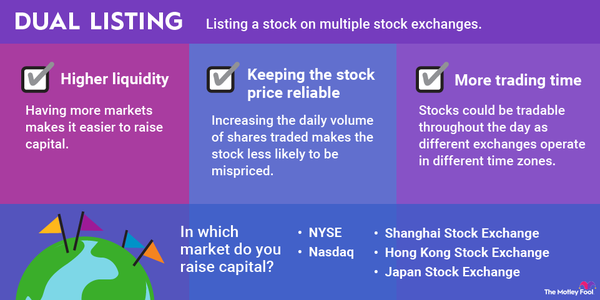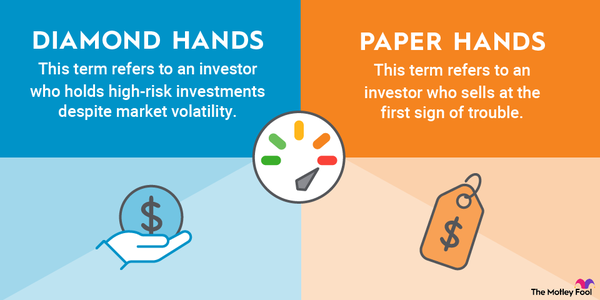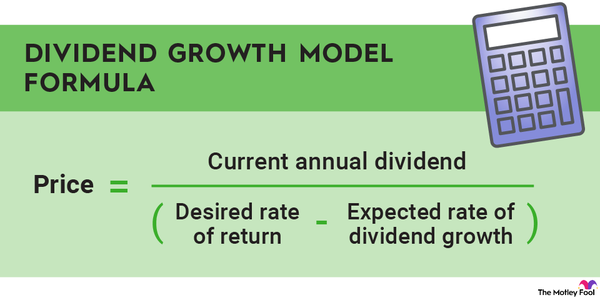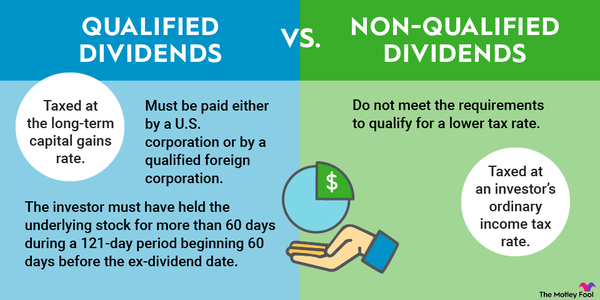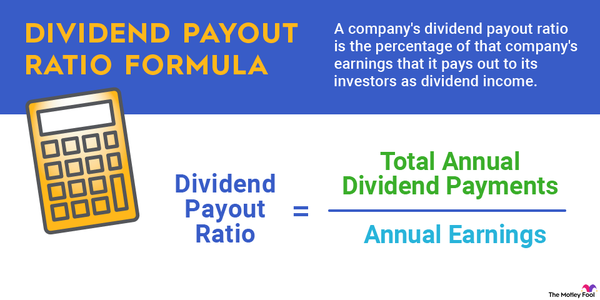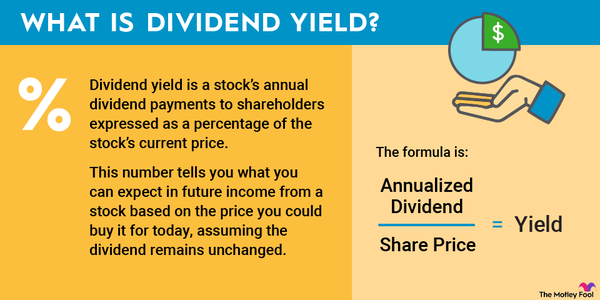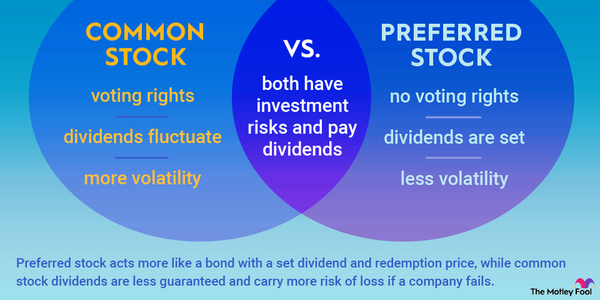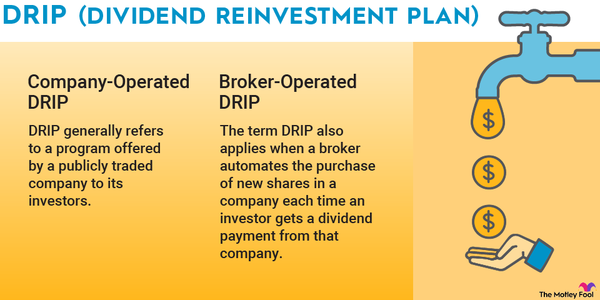When fundraising, companies have traditionally either taken out loans or sold equity to investors. A debt warrant is a combination of the two, serving as both a loan and an opportunity for the lender to invest if it wishes.

What is it?
What is a debt warrant?
A debt warrant is a loan agreement that also gives the lender the right, but not the obligation, to buy shares at a fixed price. The part of the agreement that gives the lender the right to buy shares is called the warrant, and it lasts for a set time.
Many venture capital funds include warrants in their contracts when they lend money to start-ups, as they can be profitable. The lender still makes money from the loan, with the added benefit of being able to share in the company's success if it takes off. It's purely an upside play, though. It doesn't protect the lender if the company can't pay its debt.
Structure
The structure of debt warrants
Each debt warrant has a warrant coverage, a strike price, and a period. The warrant coverage is the total amount the lender can invest, and it's a percentage of the original loan. For example, if the loan is for $5 million and has 10% warrant coverage, the lender can buy as much as $500,000 worth of shares in the company.
The strike price is the price the lender pays per share. It's usually the same as the fair market value of the company's shares on the day the warrant is issued. There are a few ways this can be determined:
- The company's valuation at its most recent funding round
- A price negotiated by the company and the lender
- A discount on a future valuation, such as 20% lower than the price at the next funding round
Finally, the time period is how long the lender has to exercise the warrant. Warrants normally last anywhere from one to 10 years, but it depends on the agreement.
Investor impact
How debt warrants impact investors
If a lender exercises a warrant, the company's number of shares will increase, leading to share dilution. The level of share dilution will depend on how many shares the lender is able to buy, but existing shares will become less valuable.
Since debt warrants are most common in venture capital deals, they generally aren't a concern for everyday stock investors. They're extremely important for venture capital funds looking to balance out the risk of early-stage investing and for start-ups that are fundraising. Debt warrants will likely only come into play for companies in your portfolio if you invest in initial public offerings (IPOs) or through a venture capital fund.
Good example
A successful debt warrant
In 2020, global homestay marketplace Airbnb (ABNB -1.6%) was looking for funding. Silver Lake and Sixth Street Partners agreed to invest $1 billion through a combination of debt and equity securities. Airbnb paid an interest rate of more than 10% on the debt, and the agreement included warrants that allowed the lenders to purchase shares at a little over $28.
Related investing topics
Airbnb went public on Dec. 10, 2020, and share prices quickly reached almost $145. Depending on when they exercised their warrants, each firm stood to gain about $460 million.
Debt warrants certainly don't always turn out this way. Both lenders benefited by getting in when Airbnb needed cash, and then it had a dramatic turnaround. Still, it's one example that demonstrates how debt warrants can be extremely profitable for lenders.
































